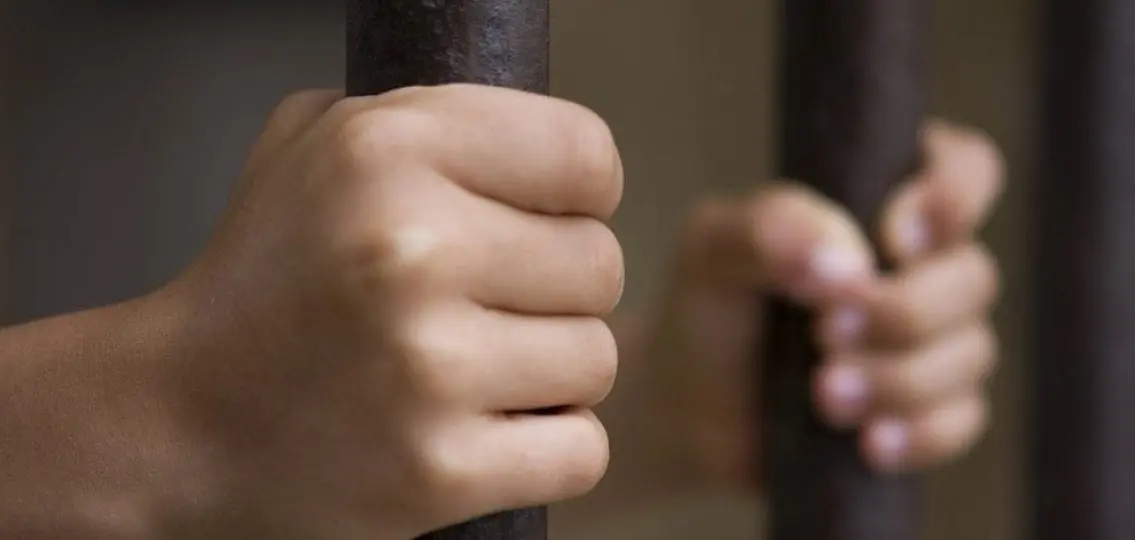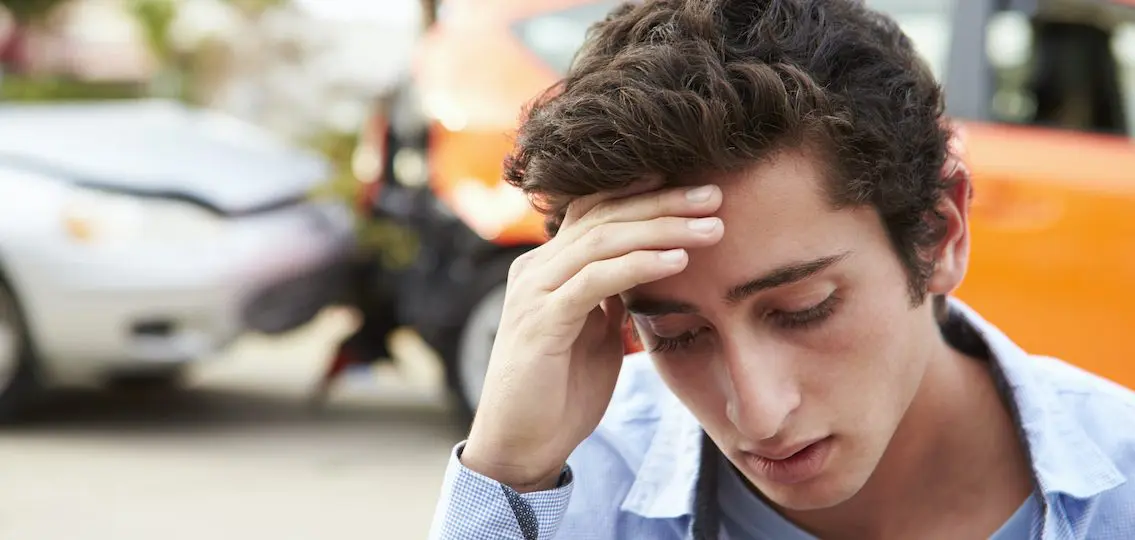As parents of teens, we’re constantly warning our kids about the worst-case scenarios: What if your reckless driving causes an accident? What if sending a mean text prompts someone to hurt themselves?
The typical teen response is something along the lines of, “Seriously?!? That will never happen to me.”
Thankfully, they are usually right.

But the truth is that sometimes bad teen choices do cause real harm. My small town in the suburbs of Los Angeles learned this firsthand over the summer, when two 17-year-olds were speeding—maybe racing—and they lost control of their vehicles and struck and killed a pedestrian and his dog.
Our town mourned the lives that were so needlessly lost that day. And then we grieved for the boys who had caused this harm and whose lives would never be the same. This is certainly not the path that any parent wishes for their child. But there is hope for meaningful life after tragedy.
We asked experts in the field of psychiatry and forgiveness for their tips on how to find that way forward.
First Make Sure Your Child is Okay
Love and support are most important.
The number one thing a teen needs after causing a harmful event is the love of their parents and the reassurance that they are still accepted as part of the family, says Everett Worthington, professor emeritus at Virginia Commonwealth University and author of Moving Forward: Six Steps to Forgiving Yourself and Breaking Free from the Past. Worthington urges parents to resist the urge to “fix” their teen. Focus instead on being a source of comfort and calm in a difficult time.
Make sure your teen is safe.
Your teen may tell you they are fine after being involved in a harmful event, but Aurelia Ricketts, a board-certified psychiatric nurse practitioner with the Mind Health Institute in Pasadena, California, cautions that teens are unlikely to have the words to express all the emotions they are experiencing after causing harm. Ricketts recommends therapy for anyone in this situation, even if the teen protests that it is not needed. She also cautions parents to be on the lookout for anxiety, insomnia, and unhealthy coping skills such as drug and alcohol use that can offer an immediate escape from the teen’s painful new reality.
Reach out.
Uncertainty about how to connect with a therapist can be paralyzing for families in the middle of a crisis. Ricketts encourages parents to reach out to school counseling offices, pediatricians, insurance companies, religious leaders, family, or neighbors for referrals. Low-cost or free therapy is available in many cities. Finding the right therapist and treatment type will be an individual process, but Ricketts notes that recent research has shown Cognitive Processing Therapy (CPT) and Eye Movement Desensitization and Reprocessing (EMDR) to be particularly effective for processing trauma.
Then Find Ways to Move Ahead
Once your child’s immediate mental and physical safety are ensured and any legal or other urgent issues have been handled, it is time for your teen to think about their future. Worthington has dedicated his career to the study of forgiveness. He offers a specific set of steps for individuals to follow in order to move beyond the pain they have caused.
Take responsibility.
In general, the first stages in this process involve taking responsibility for the harm caused. This also means making amends to the harmed party in whatever way possible. A teen might find a way to apologize to the victim’s family, honor the life of the victim, or speak out to other teens to prevent them from making the same mistakes.
Stop berating yourself.
Once responsibility has been taken, the work turns inward, often with the help of a professional therapist. The objectives are to repair the psychological damage that the harmful act caused to the teen’s own sense of self and for the teen to learn to grant themselves the grace of forgiveness.
Accept yourself.
Finally, the teen is able to accept themselves as someone who is flawed, but precious and worthy of love. The process ends with a commitment to live virtuously so that the same mistakes will not be repeated.
Take care of the entire family.
This harmful event may well be the biggest crisis your family has faced. You and your other children will be traumatized and may benefit from individual and/or family therapy as you work through the ramifications of the harmful act for your teen’s and your family’s future. Do the work that you need to do to forgive your teenager, and let them know that you forgive them.

When tragedy strikes, and it’s your kid’s fault, it can feel like the end of the world. But there is a way forward, and there are experts who can help you and your teenager find that way.




